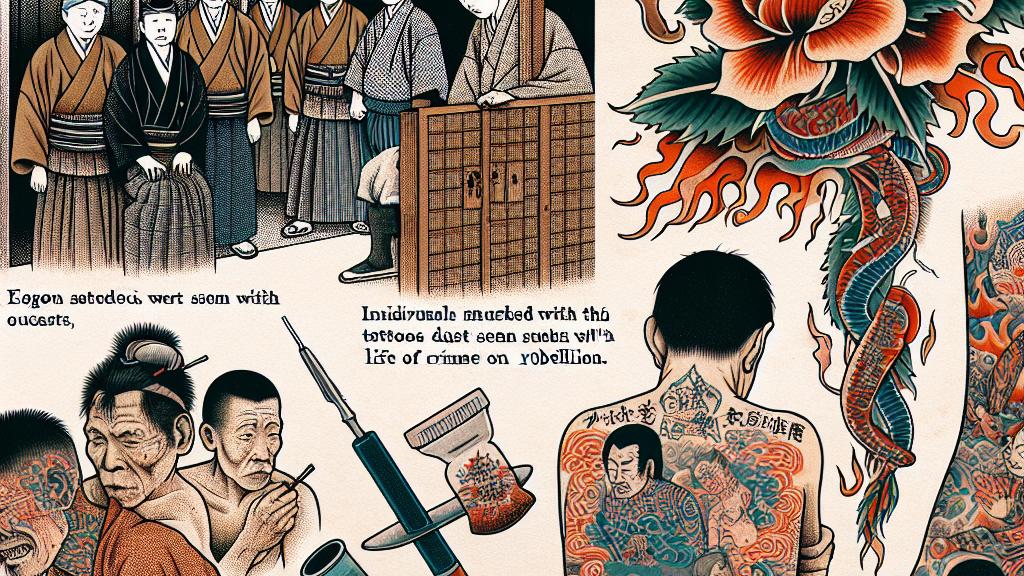Why Tattoos Are Often Not Allowed in Hot Springs
Overview
- Tattoos in Japan are historically linked to crime, propagating a persistent stigma.
- Many onsen (hot springs) enforce tattoo bans to maintain a serene environment for all guests.
- However, a growing number of ryokan are beginning to embrace inclusivity by offering private baths for tattooed visitors.

Delving into the Historical Context of Tattoos in Japan
To understand why tattoos hold such a controversial status in Japan, we must explore their deep-rooted history. Known as Irezumi, tattoos have long been associated with criminal behavior and gang affiliations, particularly with Japan's yakuza. During the Edo period, individuals marked with tattoos were often viewed as outcasts, serving both as punishment and a form of social stigma. For instance, in a society where honor and reputation were paramount, being tattooed indicated a life of crime or rebellion. Unfortunately, this negative perception has endured, leading many older generations to view tattoos as markers of lawlessness, which consequently affects public access to facilities like onsen.
Reasons Behind Tattoo Bans in Onsen
The rationale for prohibiting tattoos in many onsen extends beyond mere prejudice; it encompasses cultural sentiment and health considerations. Primarily, onsen aim to foster a tranquil space for relaxation, free from anxiety or discomfort. Many visitors still associate tattoos with unruliness or disturbances, which can foster an unfriendly atmosphere. Moreover, health concerns are a serious factor; certain tattoo inks, when combined with hot spring minerals, might unleash adverse reactions such as skin irritations or infections. Imagine spending a relaxing day in the onsen only to leave with an unexpected rash caused by a reaction to the water! Establishments often prioritize the collective comfort of their clientele, fearing that the presence of tattooed individuals might provoke anxiety among other guests.
A Shift in Perspectives: Embracing Change for Tattooed Guests
Fortunately, attitudes towards tattoos are slowly but surely evolving. In recent years, a noticeable change has emerged, especially among younger individuals who see tattoos as expressions of identity and artistry, rather than symbols of deviance. This shift is beautifully exemplified by ryokan like Shima Onsen Kashiwaya, which openly welcomes tattooed guests. By offering private onsen facilities, these establishments provide an oasis where tattooed individuals can enjoy the benefits of hot springs without fear of judgment or exclusion. Such inclusive options mark a significant transformation in cultural perceptions, illustrating that society is beginning to recognize and celebrate diversity in self-expression. As more establishments adopt these progressive policies, it is clear that the tides are turning in favor of acceptance and understanding of tattoos in contemporary Japan.

Loading...